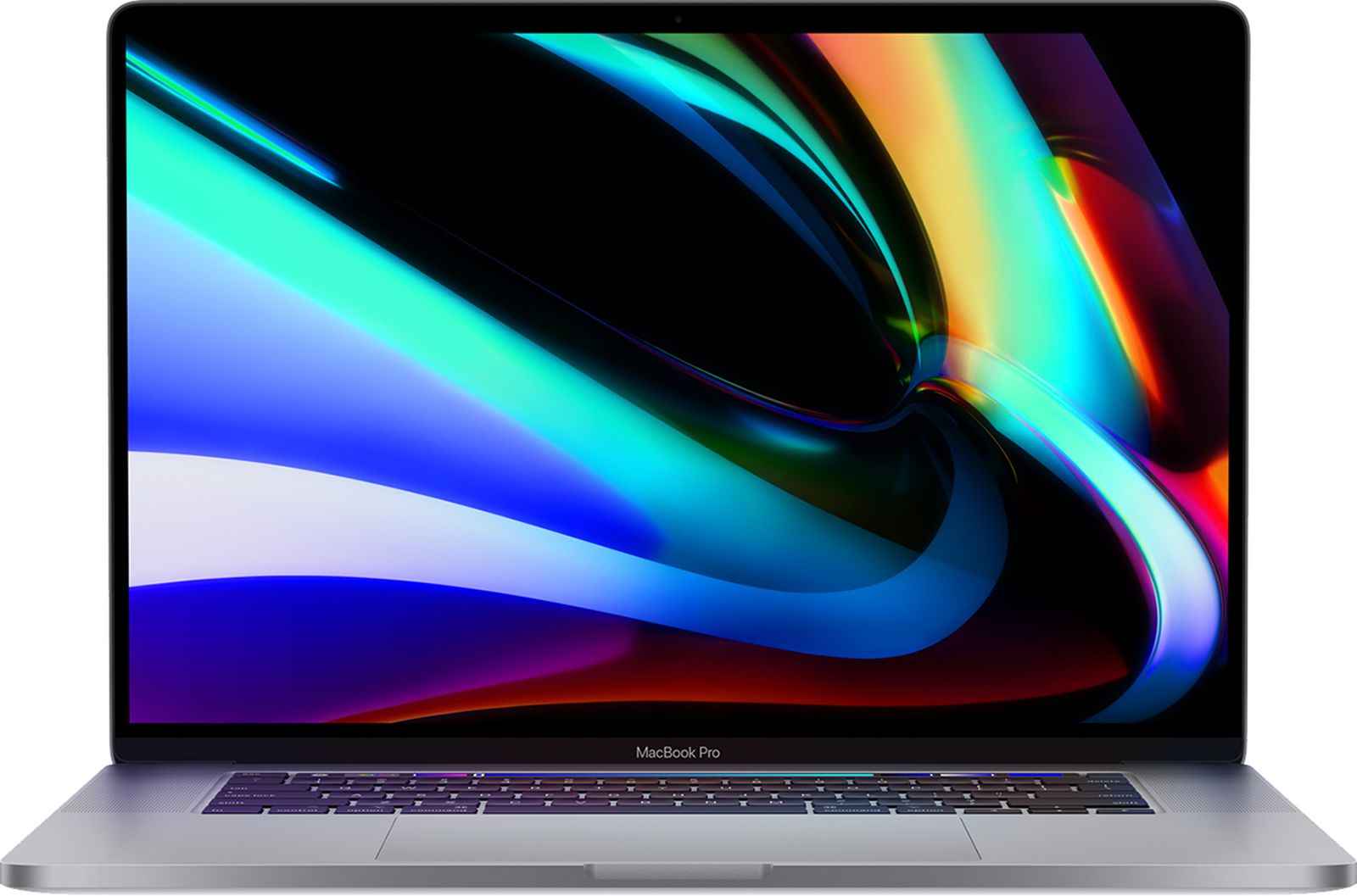Mac on ARM will not happen. The processing power isn't there and neither is the compatibility with existing software. It would be a huge amount of change and gnashing of teeth and loss of compatibility with other platforms for nothing. The current crop of intel CPUs are no slouch in processing power per watt, and outright faster than anything ARM has on the table. The Core Ms are pretty darn good at the low end, too.
Right now, the mac is popular with power users because it runs macOS, Windows, Linux and other platforms in virtual machines. Its the ultimate cross-platform developer/coder machine. Switch to ARM and that goes out the window immediately. If you want an ARM based machine, buy an iPad Pro and use that.


